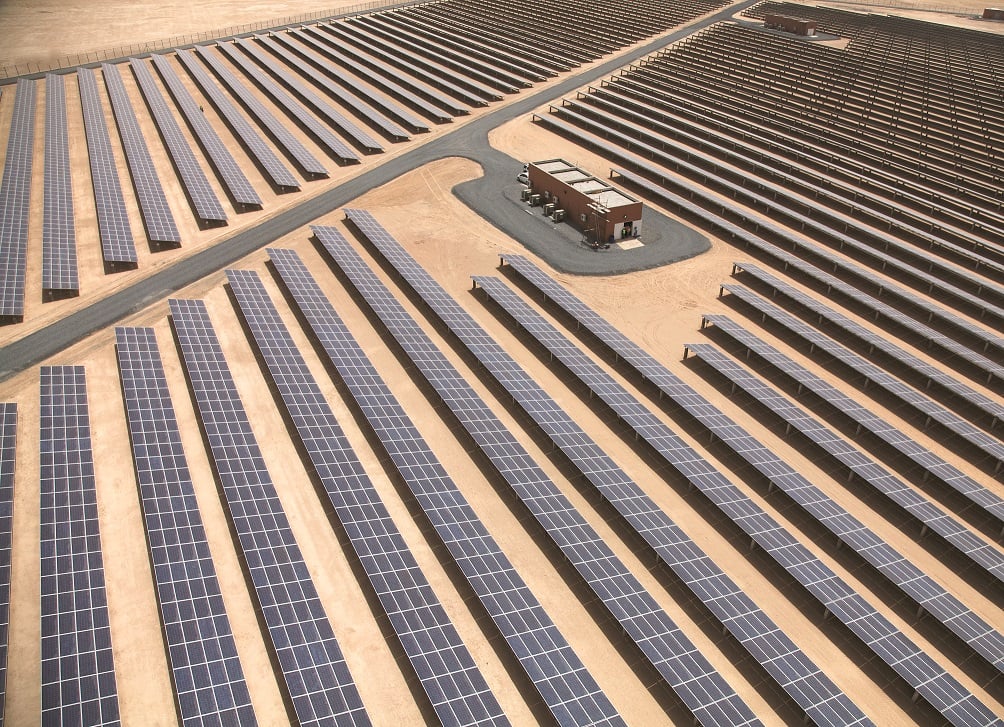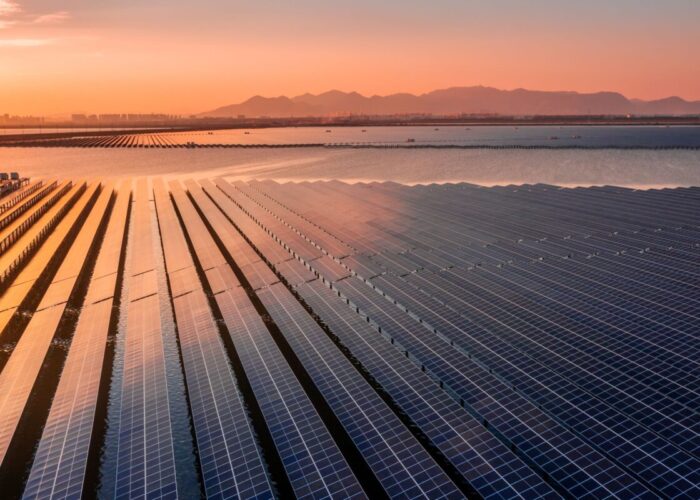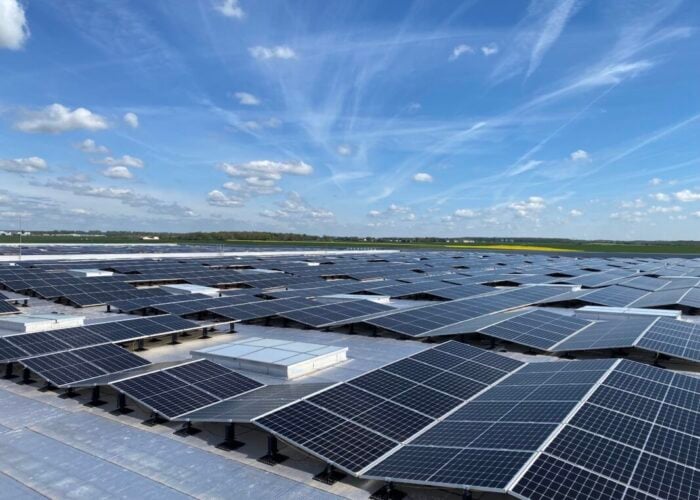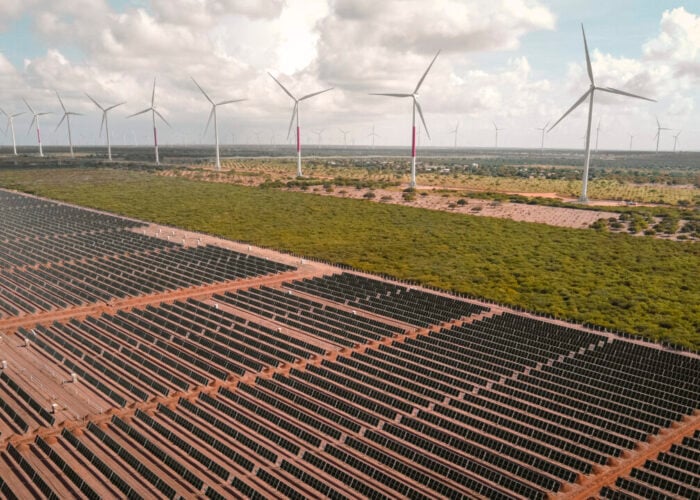
Uzbekistan is considering raising its 2030 renewables deployment targets following the success of solar tenders carried out in the last two years.
The country’s energy ministry said the current goal of reaching 5GW of installed solar PV by 2030 may be increased to 7GW, while its wind generation target could be raised from 3GW to 5GW.
Unlock unlimited access for 12 whole months of distinctive global analysis
Photovoltaics International is now included.
- Regular insight and analysis of the industry’s biggest developments
- In-depth interviews with the industry’s leading figures
- Unlimited digital access to the PV Tech Power journal catalogue
- Unlimited digital access to the Photovoltaics International journal catalogue
- Access to more than 1,000 technical papers
- Discounts on Solar Media’s portfolio of events, in-person and virtual
Or continue reading this article for free
Despite COVID-related economic slowdowns last year, electricity demand in the country has shown resilient growth, according to the energy ministry, which hailed the low prices discovered in the solar tenders.
Masdar has been particularly active in Uzbekistan, recently securing rights to develop two PV plants with a combined capacity of 440MW. The Abu Dhabi-based renewables developer posted the lowest bid of US$0.0179/kWh in that tender and is expected to reach financial close for the two projects later this year before starting construction work in Q1 2022.
In June, it was announced that Masdar was awarded another solar plant with a capacity of 457MW, taking the firm’s awarded PV capacity through Uzbekistan’s tenders to almost 1GW, having been successful in the country’s first solar tender in 2019.
The energy ministry revealed in a report published last year that Uzbekistan has 12.9GW of generating capacity, with 84.7% corresponding to thermal power plants, 14.3% to hydropower facilities and the remaining 1% to consumers’ generators and isolated plants. Annual power consumption growth rates in the country up to 2030 are expected to be around 6-7%.
As part of its PV tender process, the government has enlisted support from international financial institutions such as the Asian Development Bank, the World Bank Group and the European Bank for Reconstruction and Development.
Despite the country’s aim to reach carbon neutrality for its energy sector by 2050, last year’s report said 13 thermal power plants will be constructed or expanded in the next decade. An updated report is expected to be published early next year.







